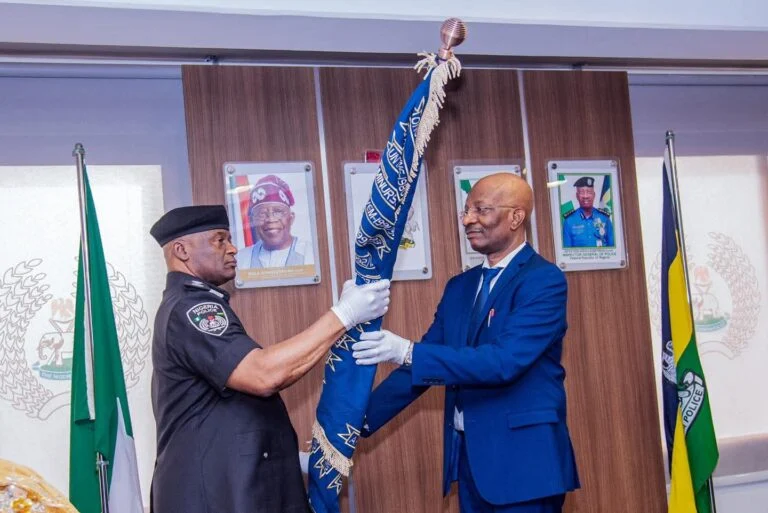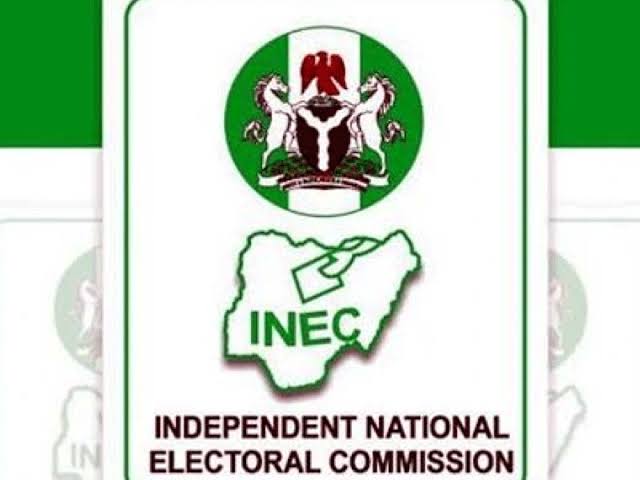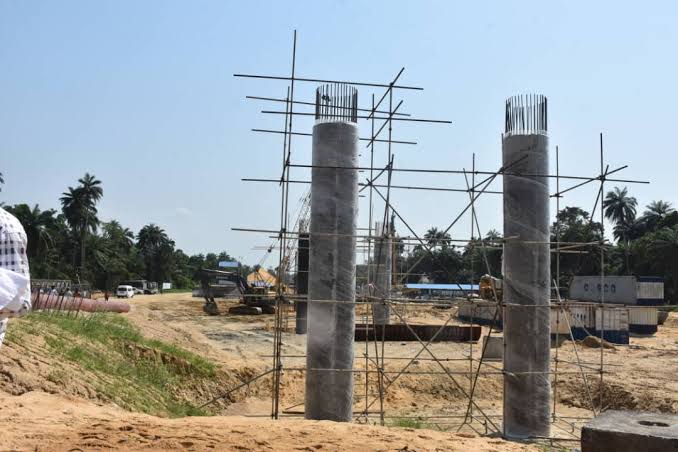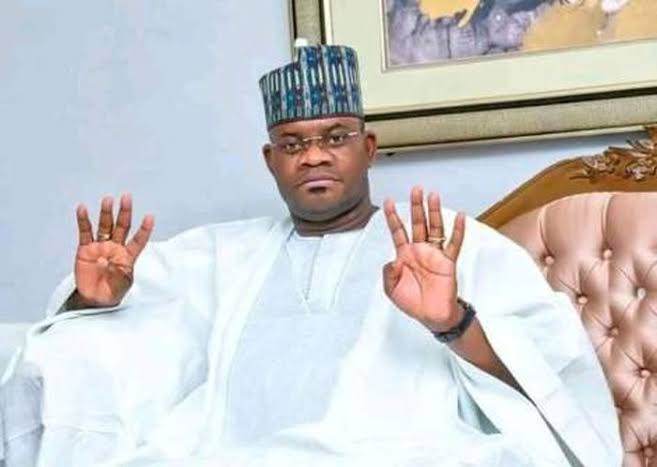By: Tijani Salako.
The tourism sector in Nigeria has now been given apt attention with the aim of developing the Nigerian economy’s strength in a bid to transform major tourist centers like Obudu Mountain Resort into world-class tourism centers.
The federal government at the weekend said it was set to launch the National Tourism Policy in a renewed push to reposition the industry as a central pillar of economic growth, declaring that the long-awaited transformation of the sector is now underway.
This was made known by the Minister for Art, Culture, Tourism, and Creative Economy, Hannat Musawa, during the “Destination Nigeria Governors Tourism Conference” while delivering her keynote statement. She noted that the current administration has identified tourism as one of Nigeria’s strongest pathways to economic diversification.
Musawa, who was represented at the conference by the Chief of Staff Raphael Obi, said the National Tourism Policy, which had been stalled for years, is now before the Cabinet Affairs Office (CAO) and will be presented to the Federal Executive Council (FEC) within a time frame.
“As you’ve likely heard, tourism is a key sector for economic diversification. The National Tourism Policy is currently at the Cabinet Affairs Office of the Office of the Secretary to the Government of the Federation (SGF). Our expectation is that in a few weeks, this policy will be presented to the Federal Executive Council (FEC).
“I assure you that the moment this policy comes alive, tourism will begin to blossom in Nigeria. We have all manner of investors, and the government has given us certain mandates.”
Obi highlighted priority projects that are receiving federal government support, including the redevelopment of Obudu Mountain Resort, where a private-sector-funded airport is 85 percent complete.
“United Nations Industrial Development Organisation (UNIDO) is setting up 2.5 megawatts of electricity just for the resort. And it’s going to cost them almost ₦1 billion. Then the federal government is putting ₦5 billion into rehabilitating and resuscitating most of the infrastructure that will make it world-class and top-notch,” he explained.
Meanwhile, Director-General of the Nigerian Tourism Development Authority (NTDA), Ola Awakan, said Nigeria’s tourism ambitions can only be achieved through public-private collaboration.
Appraising the convener, Ayo Omotoso, he described the project as a strategic initiative capable of transforming the sector.
“States are the heartbeat of Nigeria’s tourism ecosystem. Each one possesses unique attractions and comparative advantages that, if properly harnessed, can stimulate local enterprise, generate employment, and significantly boost internally generated revenue,” Awakan noted.
He added, “Let us envision a Nigeria where tourism is a driver of prosperity. Where our youth find purpose and income in creative and tourism enterprises. Where our heritage sites, festivals, and natural endowments are protected and profitably managed. And where every state becomes a destination in its own right.”
However, the Minister for the Federal Capital Territory, Nyesom Wike, represented by his Senior Special Assistant, Administration, Udo Atam, reaffirmed the administration’s commitment to preserving the Abuja master plan and maintaining the capital in line with global best practices, and warned against the misuse of public spaces.
“Transforming Abuja into a world-class capital is a top priority for the administration of President Bola Tinubu, and ongoing infrastructure expansion across the territory reflects this commitment,” he stated.
“Over the years, in the FCT, most of these areas that were meant for collective use have been abused and converted into personal properties. This will not continue,” he reiterated.













